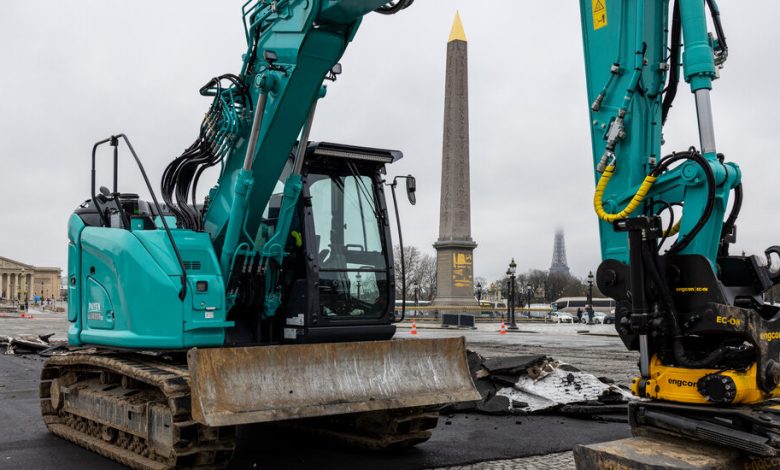In Paris, the Olympics Clean Up Their Act

How do you produce a global sporting event, with millions of people swooping down on one city, in the age of global warming?
That is the test for the Paris Olympics this summer.
The organizers say they’re putting the games on a climate diet. These Olympics, they say, will generate no more than half the greenhouse gas emissions of recent Olympics. That means tightening the belt on everything that produces planet-warming emissions: electricity, food, buildings, and transportation, including the jet fuel that athletes and fans burn traveling the world to get there.
An event that attracts 10,500 athletes and an estimated 15 million spectators is, by definition, going to have an environmental toll. And that has led those who love the games but hate the pollution to suggest that the Olympics should be scattered around the world, in existing facilities, to eliminate the need for so much new construction and air travel. That’s why Paris is being watched so closely.
It is making more space for bikes and less for cars. It’s doing away with huge, diesel-powered generators, a fixture of big sporting events. It’s planning guest menus that are less polluting to grow and cook than typical French fare: more plants, less steak au poivre. Solar panels will float, temporarily, on the Seine.
But the organizers’ most significant act may be what they are not doing: They aren’t building. At least, not as much.

Construction of bike lanes at Boulevard Haussman.Credit…Yulia Grigoryants for The New York Times




